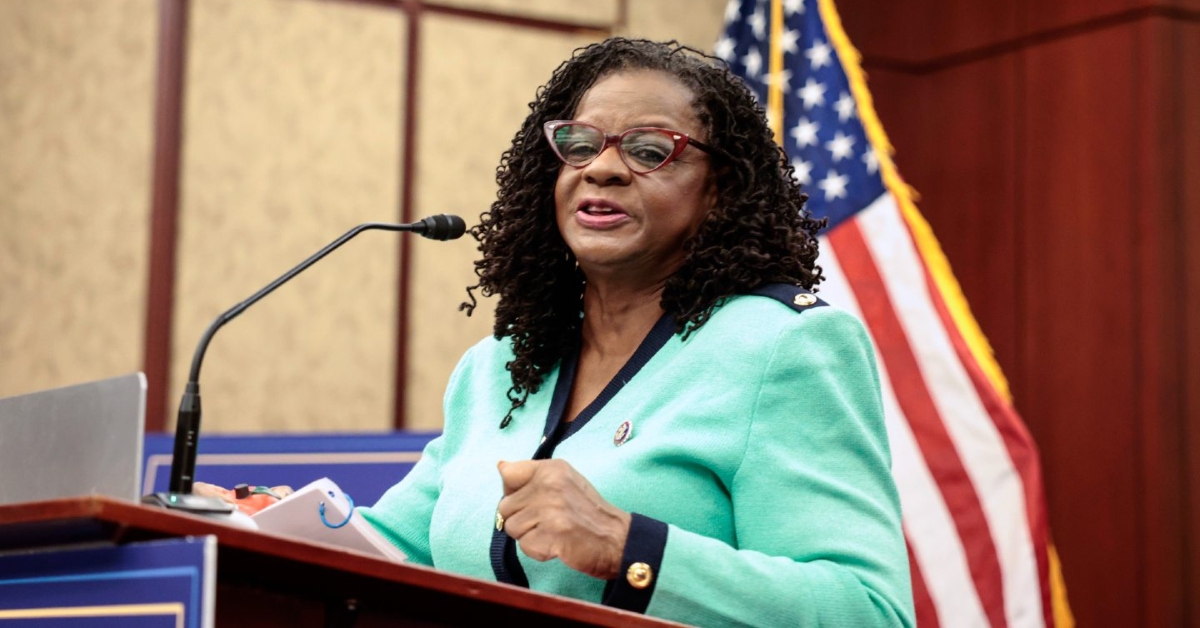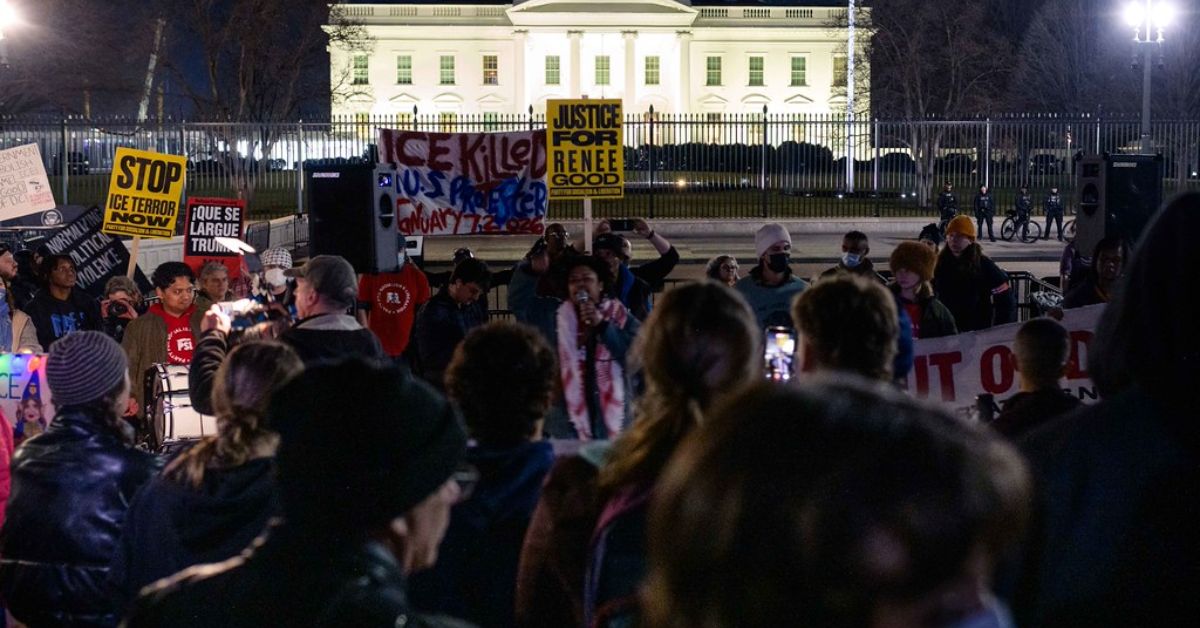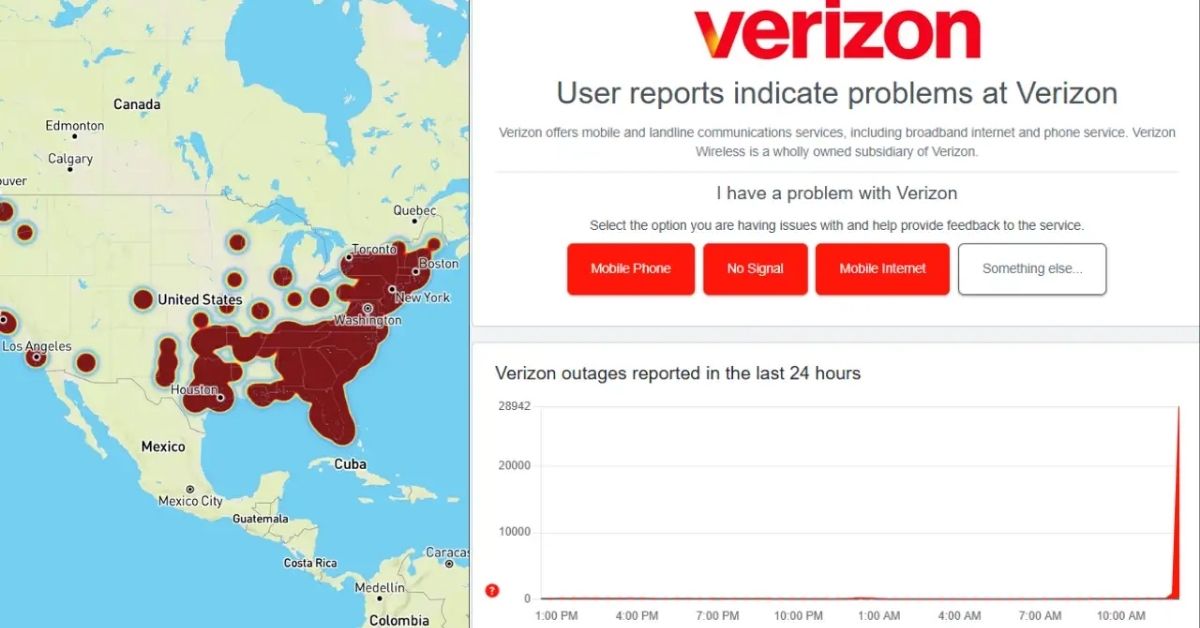America’s public education system is under political attack. Learn what is at stake and why defending the Department of Education is critical for our future.
Table of Contents
Why the Department of Education Matters
Imagine a classroom in a struggling rural town where outdated textbooks and limited resources hinder learning.
Now, picture a differently resourced school in a bustling city, where students with disabilities receive tailored accommodations to thrive alongside their peers.
These stories illustrate the transformative impact of the Department of Education.
The Department of Education is more than a government agency—it is a lifeline for millions of students.
Programs like Title I funding provide critical support to schools in low-income communities, ensuring every child has access to quality education.
Meanwhile, special education services ensure that students with disabilities receive accommodations, enabling them to learn and succeed in inclusive environments.
This commitment to fairness is reinforced through the department’s enforcement of civil rights protections, safeguarding students from discrimination based on race, disability, or national origin.
It is about leveling the playing field, allowing every child to pursue their dreams, no matter their circumstances.
Mounting Threats to Public Education
Despite its crucial role, the Department of Education faces unprecedented challenges.
Recent proposals threaten to dismantle its foundation, endangering the futures of countless students.
Efforts to Politicize Education
President-elect Trump’s proposal to cut federal funding to schools teaching so-called “critical race theory” is more than a policy shift—it is an attempt to control the narrative in classrooms.
Across 23 states, 4,300 book bans have removed materials that challenge the status quo, silencing marginalized voices and stifling honest discussions about our nation’s history.
Take Maria, a high school junior in Texas, who spoke out when her school banned books addressing systemic racism.
“These books helped me understand my identity,” she says. “Without them, I feel erased.”
A New Threat to Teachers
Proposals for a revised credentialing system requiring teachers to adhere to “patriotic values” could alienate experienced educators who do not conform to vague ideological standards.
Teachers like Mr. Johnson, who has spent 25 years fostering critical thinking in his history classes, could face removal—not for incompetence, but for failing to meet politically motivated definitions of patriotism.
Such measures risk worsening the national teacher shortage, forcing students into overcrowded classrooms with fewer qualified educators.
Calls to Abolish the Department
Some lawmakers advocate for eliminating the Department of Education.
Ironically, this would consolidate federal control over education, allowing partisan agendas to dictate curricula.
Vital programs like Title I, special education services, and civil rights protections could vanish, leaving millions of vulnerable students behind.
Real Lives at Stake
The consequences of undermining the Department of Education are not theoretical but deeply personal.
For James, a fourth grader in a rural Appalachian community, Title I funding means smaller class sizes and access to technology that supports his learning.
For Sarah, a teenager with autism, the department’s special education services have been a lifeline, enabling her to transition from high school to college with confidence.
Their stories—and millions more—highlight what will happen if we fail to defend this vital institution.
What We Must Do
Instead of dismantling the Department of Education, we must strengthen it.
Here is how:
- Address Pandemic-Induced Learning Loss: Implement nationwide tutoring programs and after-school initiatives to help students catch up.
- Close Achievement Gaps: Increase funding to underserved schools and expand access to early childhood education.
- Support Teachers: Raise teacher pay and offer incentives to attract qualified educators.
- Make Higher Education Accessible: Lower the cost of college and invest in vocational training to meet workforce demands.
- Prioritize Mental Health: My proposed School Social Workers Improving Student Success Act seeks to ensure every student has access to mental health professionals in schools, addressing the youth mental health crisis.
The Department of Education represents America’s investment in its future.
It is the promise that every child, regardless of their zip code, has the chance to succeed.
Dismantling this institution for political gain threatens to rob millions of students of that promise.
We must resist efforts to politicize education or weaken its foundations. Instead, let us recommit to the values that make public education the great equalizer.
Contact your representatives, advocate for increased education funding, and support teachers and schools in your community.
Public education is more than academics—it is about empowering the next generation to become informed citizens and capable leaders.
Let us protect that promise, ensuring every child has the tools to achieve their dreams.






